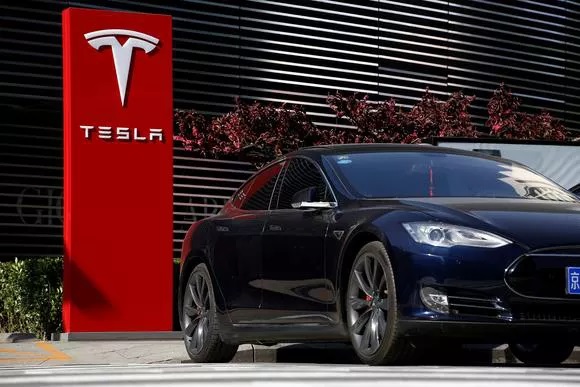Global warming and aggravating of climatic problems have put the wind in alternative energy. Unfortunately, it does not apply to Japan. After all, the complex tariff system in Japan is the reason for the decline of the solar energy market. The tariff system was implemented in 2012 and regulates the purchase of alternative energy sources by utilities at fixed and prohibitively high prices. This was the root cause of the burst of new construction projects of the SES. Over time, the cost of energy has dropped, and the requirements for the construction of SES have become more stringent.
In the summer of 2017, the largest photo-galvanic exhibition took place in Yokohama, where the Tesla stand was literally “surrounded.” But, most attention was not attracted to the electro car, but the Tesla home battery. Company representatives still do not know when it will become available to Japanese users. The cost of the battery will be $ 6,194, which is 20% lower than the cost of similar batteries from other manufacturers.
Sun panels from Tesla only work in the afternoon, but the energy stored in special “cells” what is enough to feed both day and night. The company believes that special “cells” will reduce the risk of a shortage of electricity at peak hours in Japan, when large numbers of drivers charge their electric cars.
Recall that, last year Tesla redeemed SolarCity, a well-known manufacturer of photovoltaic panels, and launched the production of solar cells, batteries and electronics in the kit. It should be noted that Tesla was able to reduce the cost by 50% compared with the prices of competitors. This was made possible by SolarCity installing panels. Despite the fact that the panels will be able to pay off only 10 years later, Tesla has already received a large number of applications. Therefore, future owners will be able to get their panels at the end of 2018 or even a year later.
Tesla has six stores in different cities in Japan that can truly enliven the entire industry. However, Japan needs to prepare a special environment that will not depend on tariff regulation and will cause a cheaper energy.


